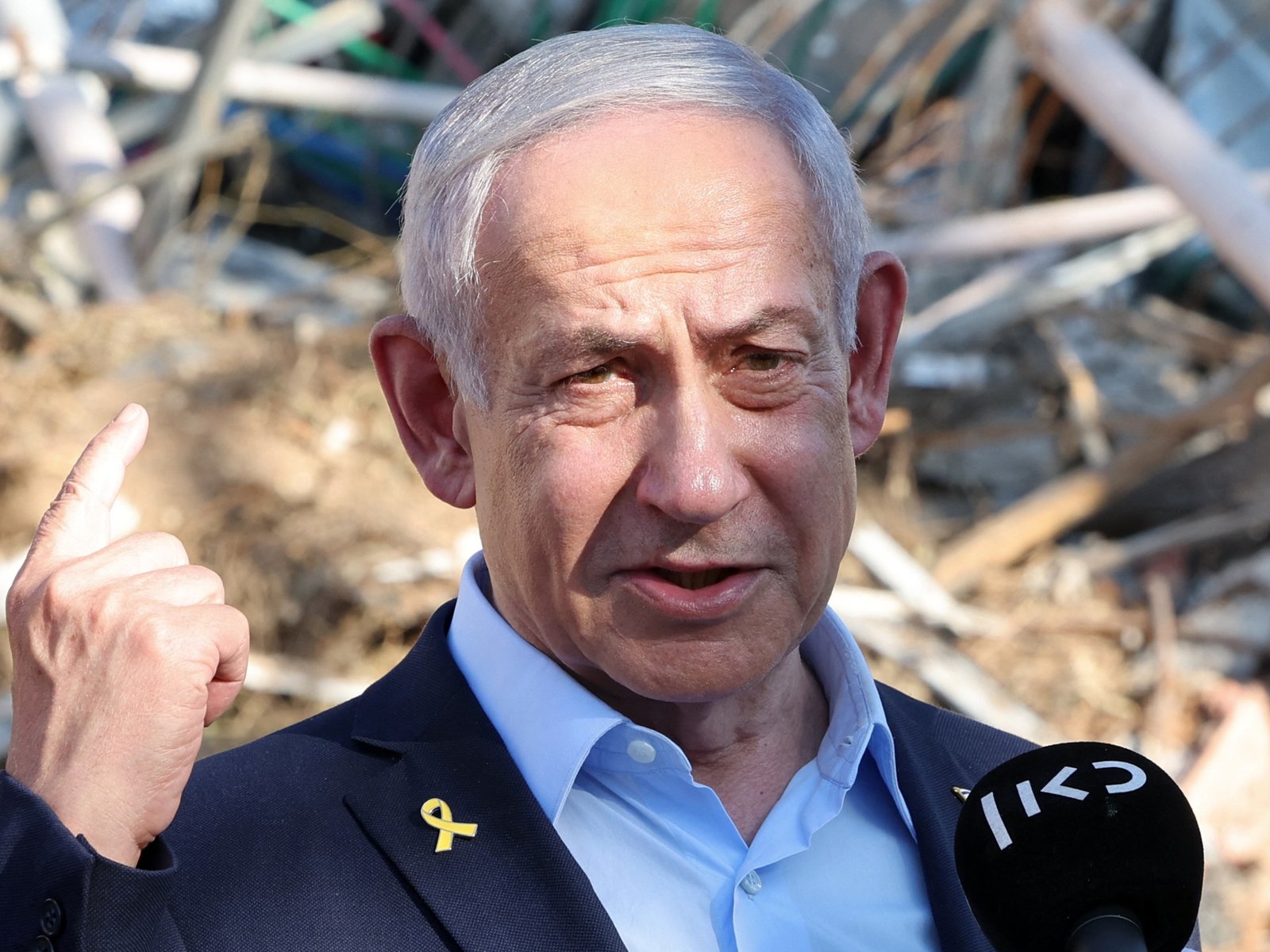What achievements did Israel claim following 11 days of relentless airstrikes in Iran? In a statement acknowledging the ceasefire, Prime Minister Benjamin Netanyahu asserted that Israel had fulfilled its objectives. However, this claim raises significant questions about its validity.
At the onset of the brief conflict, Netanyahu outlined two main goals: “eliminating the nuclear program” and “instigating regime change.”
Was the nuclear program effectively neutralized? The evidence suggests otherwise. Reports indicate that Iran managed to relocate fissile material away from the Fordow facility, which had been targeted in U.S. operations. This material is vital to their nuclear ambitions, casting doubt on the success of Israel’s “decapitation” strategy.
The extent of Israeli damage to Iran’s nuclear infrastructure remains ambiguous. Though Israel successfully lobbied the U.S. to use bunker-busting ordnance against Iranian nuclear sites, the American involvement was minimal otherwise. Assessing the true impact of these attacks will be challenging, as Iran is unlikely to allow external inspections.
Regarding the aspiration for “regime change” in Iran, the outcome was quite the opposite. Israel aimed to incite a revolt by targeting high-ranking military leaders within Iran’s security apparatus, premised on the belief that such assassinations could destabilize its adversaries. This tactic has historically had limited success, as highlighted by the singular case of Hassan Nasrallah’s demise impacting Lebanon’s Hezbollah, which was contextually driven by internal Lebanese politics. In most other instances, Israeli strikes have failed to spark significant political upheaval.
In Iran’s case, these assassinations inadvertently united the population in support of the government. Targeting senior commanders of the Iranian Revolutionary Guard Corps (IRGC)—a deeply influential yet widely reviled entity—provoked a patriotic response even among those opposed to the Islamic Republic. Many Iranians felt a collective assault rather than a targeted attack on “the regime.”
Israel’s airstrikes aimed at “regime symbols” only exacerbated the situation. Attempts to frame an attack on Evin Prison—known for its torture of political detainees—as aiding the Iranian people’s struggle against oppression backfired; it merely worsened conditions for the inmates, with many relocated to undisclosed prisons.
Additionally, the bombing of the so-called “doomsday clock”—a symbol representing Iran’s commitment to Israel’s destruction—was deemed ineffective. Similarly, the attack on Iranian state broadcaster IRIB was criticized as misguided; while Israel sought to diminish the regime’s propaganda, it only served to bolster Iranian resolve against Israeli media outlets.
If Israel did not manage to fulfill its wartime objectives, did it at least garner global support or distract the public from issues related to Gaza? The answer remains uncertain. While President Trump did authorize attacks on Iranian sites, this decision breached multiple international legal protocols, possibly leading to long-lasting repercussions. However, Trump did not engage further in the conflict alongside Israel, promptly directing strategic bombers back to U.S. bases.
Before and after the strikes, Trump reiterated his interest in reaching a diplomatic agreement with Iran, suggesting a strategy aligned with both his goals and those of Gulf allies. Although several world leaders, including German Chancellor Friedrich Merz, voiced support for the U.S. offensive and praised Israel’s right to defend itself, none adopted Israel’s stringent demands, which sought to entirely prevent Iran from uranium enrichment.
The global stance appears to revert to the principle of “no nuclear weapons,” a position Iran has expressed willingness to uphold.
On the operational front in the Middle East, perceptions of Iran appear to be shifting toward recognizing it as a legitimate trade partner, marking a loss for Israel and a strategic victory for Iran.
The tangible impact on Israel’s heartland should also be acknowledged. While Israel established air superiority quickly and conducted strikes at will, Iranian missiles successfully penetrated Israel’s renowned defense systems, causing significant damage and casualties across the country. The strain on interceptor missile supplies and the economic consequences were notable setbacks for Israel, underscoring a failure on its part.
Despite enduring substantial losses and devastation, Iran did not crumble in the face of overwhelming Israeli force. The Islamic Republic emerged from the conflict, viewed globally largely as a victim of aggression, while maintaining its ability to respond strategically. Iran adeptly managed escalation by issuing warnings regarding its planned retaliation for U.S. attacks.
Ultimately, Iran maintained its standing—resilient, with renewed opportunities for the future.
The perspectives shared in this article reflect the author’s views and do not necessarily align with Al Jazeera’s editorial stance.

